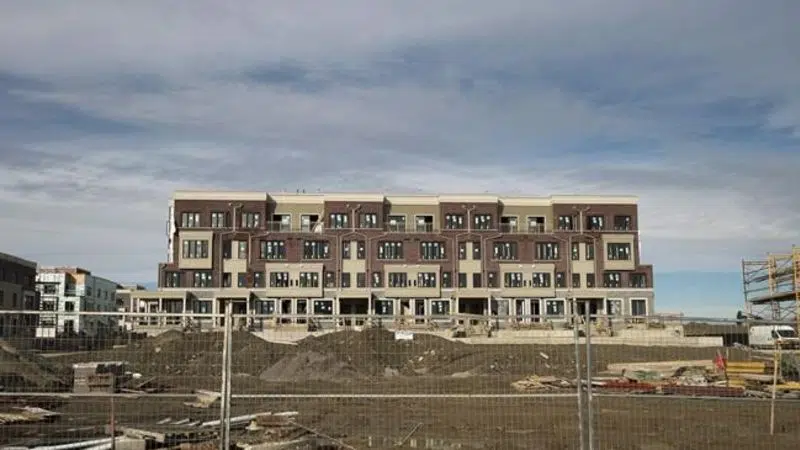
Statcan details wait times for social housing, perceptions on housing overall
OTTAWA — There is someone waiting on a list for affordable housing in more than 283,000 households across the country, Statistics Canada says in a new batch of data that also sheds light on what Canadians think about the cost of housing overall.
The survey data, the first of its kind on wait times for social housing, shows 173,600 households, or nearly two-thirds, were waiting at least two years.
Out of all those households, one-fifth were already in a subsidized unit and waiting to either move to a new home, or have someone from the household move out on their own.
Although they make up a small portion, there were some clear differences in perceptions of affordability.


